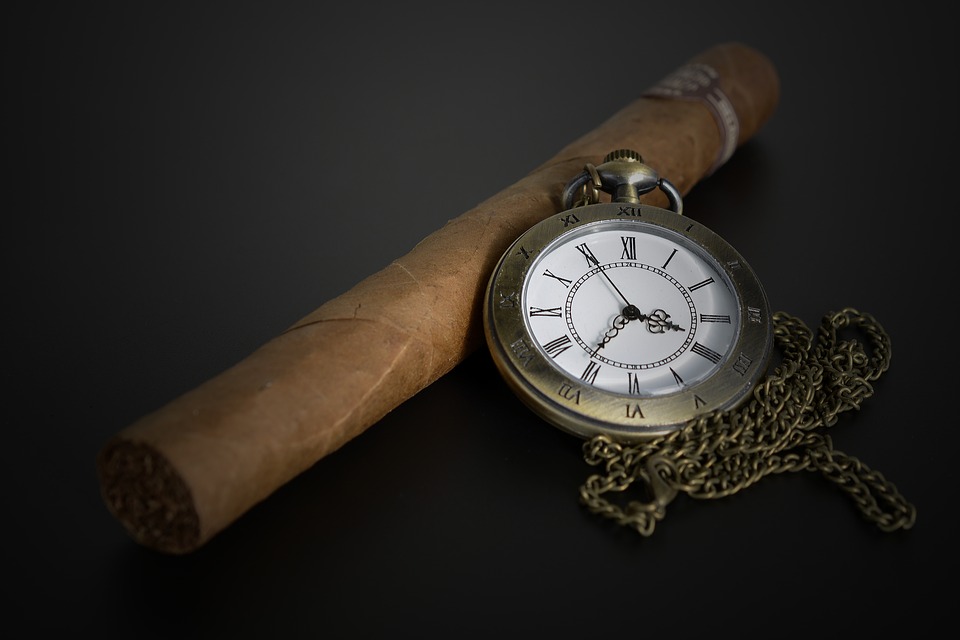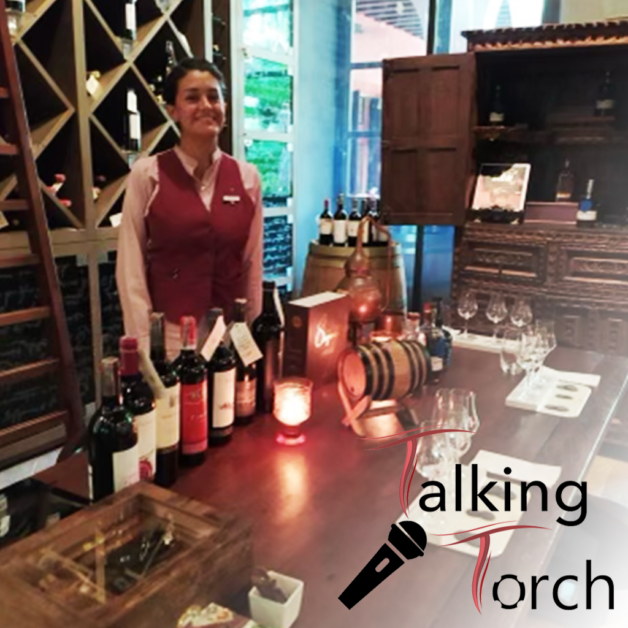An aged cigar has a subtle complexity with a flavor that lingers just a little longer. Cigar smokers vary in their preferences. Some would rather have a young cigar while others would prefer a mellow, aged cigar. Note, though, that if you favor the richness of an aged cigar, you will be paying extra.

(Pixabay / annca)
If you prefer vintage cigars but don’t have the budget to support your indulgence, you can age your own cigars. Just make sure that you start with a high-caliber cigar. You will see no improvement if you try to age a low-quality cigar.
Certain types of cigars are better suited for aging, such as larger ring-gauge cigars. A thick cigar will have a variety of tobacco leaves which, when aged, will give off a highly complex flavor. The insides of large cigars are shielded from the outside environment, which means that they are less vulnerable to fluctuations in humidity and temperature.
On the other hand, some Maduros are not candidates for aging because their wrappers are cured to achieve their dark coloration. The distinctively strong flavor of some Maduros is the result of curing and will not be affected by aging.
The environment in which the cigars are stored is a key component of the aging process. In aging cigars, the 70-70 rule for temperature and humidity must be observed. Higher levels may result in mold growth. Lower levels could stunt the aging process. Be sure that your temperature and humidity levels stay constant. Fluctuations will cause the cigars to expand.




